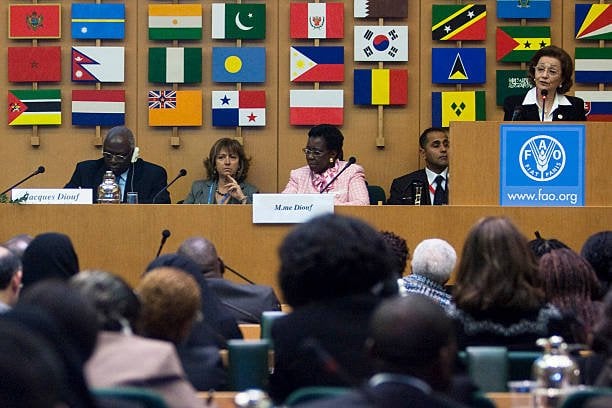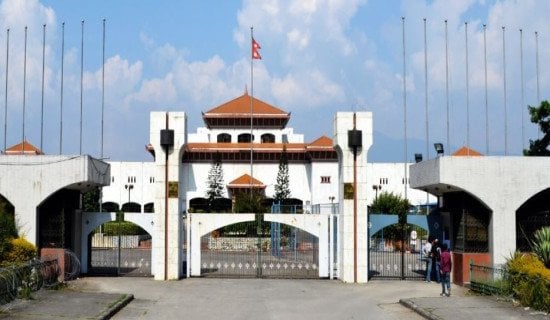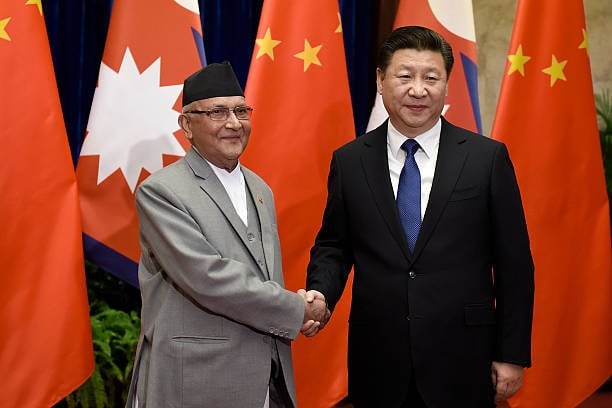Book Review: "Nexus" – The dual nature of information networks

Turn in
Yuval Noah Harari returns with a significant new work, Nexus: A Brief History of Information Networks from the Stone Age to Artificial Intelligence, released in September 2024. This non-fiction book takes a sweeping view of human history, examining how information flow has shaped and reshaped our world. Harari posits that we are currently experiencing the most profound information revolution in human history, and to navigate this complex landscape, we must first understand the historical context that precedes it.
Despite our designation as Homo sapiens, the "wise human," Harari questions our wisdom considering the self-destructive behaviors that plague our species. He provocatively asks why we stand on the brink of ecological and technological collapse if we possess such intelligence. His analysis points to the paradox that, while humanity has gained power through extensive cooperation networks, these networks are often built and sustained through the propagation of fiction, fantasies, and mass delusions.
In this 21st century, Harari warns that artificial intelligence may become the new Nexus for these delusions, potentially creating a future where generations cannot discern truth from fiction. This perspective raises urgent questions about the implications of unchecked technological advancement and the narratives that underpin our understanding of reality. Harari argues that while history and technology may not be deterministic, our choices today will significantly impact on our collective future. He suggests that discussions about it may seem futile if we cannot change the future.
Harari's reflections compel us to confront the dual nature of information networks: their potential to foster cooperation and their capacity to perpetuate harmful myths. At this critical moment, his work is a timely reminder of the importance of informed decision-making in shaping a more sustainable and truthful future. Ultimately, Nexus challenges us to reflect on the narratives we accept and the stories we choose to tell, urging a collective effort to navigate the complexities of our interconnected world responsibly.
Reflection and Contextualization
In a world increasingly shaped by technology, Yuval Noah Harari's Nexus is a crucial discourse on the intersection of human existence and technological advancement. As I navigated the pages of this thought-provoking work, I reflected not only on Harari's insights, but also on my personal experiences in a region grappling with the digital divide, frequent power outages, and a lack of modern facilities.
Harari's exploration of technology's potential to enhance or undermine our humanity is compelling, yet it feels distant when faced with my community's stark realities of everyday life. As I sat in my dimly lit room, waiting for the electricity to return, I was reminded of the disparity between the technological utopia Harari describes and the lived experiences of many in the world today. In Nexus, Harari warns that "We are building a world in which the rich have more opportunities to benefit from technology than the poor," a sentiment that resonates deeply when I consider my circumstances. While Nexus outlines the promise of artificial intelligence, biotechnology, and interconnectedness, for those of us dealing with constant power cuts and an unreliable Internet, these advancements can seem like a mirage: nearly close yet perpetually out of reach.
The book eloquently articulates the risks of an increasingly surveilling society and the potential commodification of human experience. Harari cautions that "When we give up our privacy, we lose our power," but the implications of these technological changes feel abstract when basic needs remain unmet. In my community, the digital divide is palpable. Access to the Internet is sporadic at best; many households rely on mobile data plans that are costly and inadequate for the demands of online learning or remote work. As a result, the technologies that Harari discusses as tools for empowerment often become sources of exclusion and frustration.
In Harari's narrative, the ethical dilemmas surrounding technological advancement highlight the responsibility of developers and policymakers. Yet, in regions like mine, where access to modern facilities is limited, such discussions can feel far removed from our daily struggles. For many of us, the pressing concern is not just about ethical technology but about gaining access to it in the first place. "Technology has the potential to create a world of abundance," Harari writes, but how can we engage in meaningful discussions about responsible innovation when basic infrastructure is lacking?
As I read about the implications of biotechnology and data science, I realized that these discussions often miss the voices of those most affected by the digital divide. While Harari rightly emphasizes the need for inclusivity in technological advancement, the mechanisms for achieving this remain vague. How do we ensure that marginalized communities have a seat at the table when technological decisions are made? In regions plagued by power outages and limited connectivity, the ability to influence these discussions is further diminished. Harari's assertion that "the future will be decided not by technology itself but by the stories we tell about it" resonates deeply as I consider the narratives that often overshadow the realities of those living on the margins.
Moreover, Harari's cautionary tales about the potential misuse of technology are a stark reminder of the power dynamics at play. In a society where access to information is a privilege, those already marginalized are often left to navigate a world where they are not only disconnected from the latest innovations but are also disproportionately affected by the consequences of their misuse. As I grapple with the challenges of accessing educational resources and information, I yearn for a future where technology serves as a bridge rather than a barrier. Harari emphasizes, "We must learn to think in terms of networks and systems," a call to action that urges us to consider the interconnectedness of our struggles and triumphs.
Takeaways
Although Nexus offers valuable insights into the complexities of technology and its relationship to humanity, it also underscores the pressing need to address the digital divide. As we ponder Harari's questions about our technological future, we must also confront the realities of those living on the margins. Bridging this divide requires awareness and actionable steps toward inclusivity and equity in access to technology.
Here are five key takeaways from Yuval Noah Harari's work, Nexus: A Brief History of Information Networks from the Stone Age to Artificial Intelligence.
•Historical Context of Information Flow: Understanding the evolution of information networks throughout human history is essential to navigate the current information revolution. Harari emphasizes that past developments have significantly influenced our current challenges.
•The paradox of Homo sapiens: Despite our label as the "wise human," Harari questions humanity's wisdom given our tendency towards self-destructive behaviors, particularly in the face of ecological and technological crises.
•Power of Fictions and Delusions: Harari highlights that large cooperation networks often rely on the spread of fiction and fantasies. He argues that these narratives can empower and deceive societies, influencing collective behavior and decision-making.
•AI as a New Nexus: The rise of artificial intelligence may exacerbate the challenge of distinguishing truth from fiction, potentially leading to a future where generations are ensnared in a web of delusions created by technological advancements.
•Importance of Informed Choices: Harari stresses that history and technology are not deterministic. Our choices today have significant implications for our collective future, underscoring the need for informed decision-making and critical engagement with the narratives that shape our reality.
As readers, we must advocate for solutions that bring us closer to the utopian visions articulated by thinkers like Harari, ensuring that all individuals, regardless of their circumstances, can benefit from the advances of the digital age. Only then can we begin to transform the promise of technology into a reality that uplifts us all.
(Yadu Prasad Gyawali is an Assistant Professor at Mid-Western University in Surkhet.)










Leave Comment